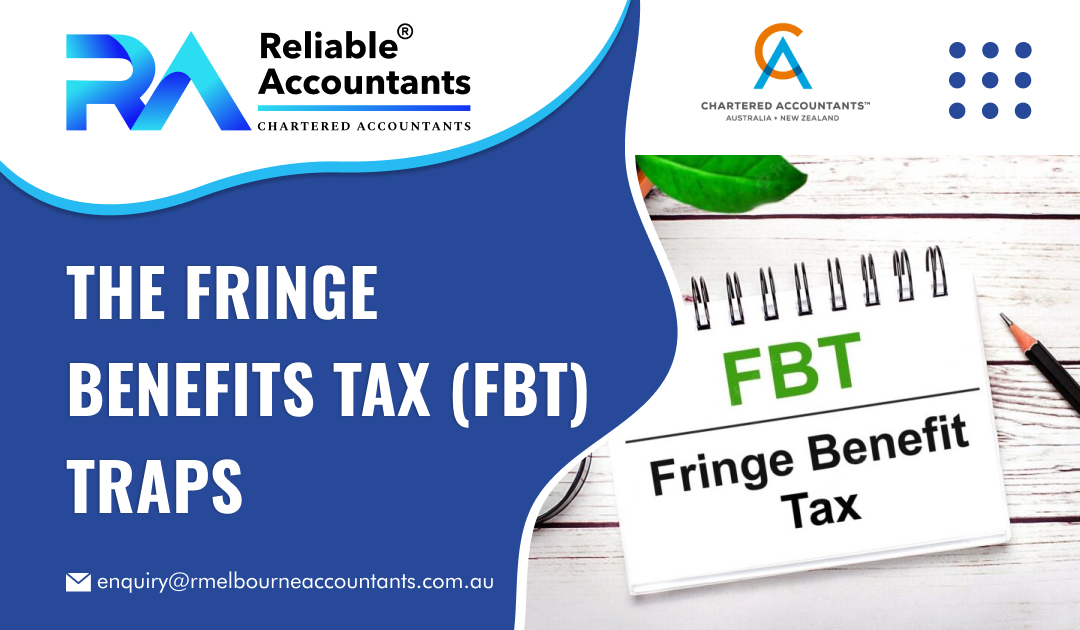The fringe benefits tax (FBT) year will end on 31st March. So, we’ll explore key problem areas that could attract the ATO’s attention.
Electric Vehicles Causing Sparks
In late 2022, the government announced a concession that allows employers to offer some electric vehicles to staff without incurring the 47% FBT on personal use. The exemption applies to the use of electric cars, plug-in hybrid electric cars, or hydrogen fuel cell electric cars if:
- The car value is under the luxury car tax (LCT) threshold for fuel-efficient vehicles ($89,332 for the 2023-24 financial year) when it is first sold in a retail sale; and
- The car is both utilised and first held on or after July 1, 2022.
If your business plans to get an electric vehicle, be aware that from 31 March 2025, the FBT exemption will no longer apply to plug-in hybrid electric vehicles unless the vehicle satisfied the conditions for the exemption prior to this date and there is already a binding contract to continue to use the vehicle privately after this date.
The Problem Areas
The exemption only applies to employees – For the FBT exemption to apply, the vehicle must be supplied by the employer to an employee (including under a salary sacrifice agreement). Sole traders and partners of a partnership are not employees and are not allowed to access the exemption personally.
If LCT applies to the car it will not be eligible for the FBT exemption. For instance, if the EV didn’t meet the eligibility criteria in 2022-23 when it was first bought because it was above the luxury car limit of $84,916, the fact that it resold for $50,000 in 2023-24 does not make it eligible for the exemption on resale. Likewise, if the car was used by anyone (including a previous owner) prior to 1 July 2022, then it will not be eligible for the FBT exemption.
Home charging stations are excluded from the exemption. The FBT exemption includes related advantages such as registration, insurance, repairs or maintenance, but it doesn’t include a charging station at the employee’s home. If the installation of a home charging station is done by the employer at the employee’s home or the employer pays for the cost, then this is a separate fringe benefit.
FBT might not apply but you prepare the paperwork as if it did. While the FBT exemption on EVs applies to employers, the fringe benefit’s value is still considered when determining the reportable fringe benefits of the employee. That is, the value of the benefit is mentioned on the employee’s income statement. While you don’t pay income tax on reportable fringe benefits, it is used to check your adjusted taxable income for a range of areas such as the private health insurance rebate, Medicare levy surcharge, employee share scheme reduction, and certain social security payments.
What about electricity cost? The ATO’s short-cut method can be applied to calculate reportable fringe benefit amounts and applies a rate of 4.20 cents per kilometre. If you don’t use the shortcut method, you must have a viable method of isolating and calculating the electricity consumption of the car.
If the employee directly buys or leases the EV, the exemption does not apply. If an employee buys or leases the EV directly, and the employer refunds them under a salary sacrifice arrangement, the FBT exemption does not apply because this is not a car fringe benefit. However, the exemption may apply to novated lease arrangements if they are carefully structured.
All electric vehicles are not cars. To be eligible for the exemption, the EV must be a car – however, electric scooters and bikes don’t qualify for this, nor the vehicles designed to carry a load of 1 tonne or more or that carry 9 passengers or more.
Additional FBT Problem Areas
Not registering. If you have employees, it is unusual not to offer at least some fringe benefits. If your business is not registered for FBT but you have offered entertainment, forgiven debts, salary sacrifice arrangements, paid for or refunded private expenses, or have offered accommodation or living away from home allowances, it’s important that the FBT position is carefully reviewed. The ATO targets businesses that are not registered for FBT.
When employees travel. There has been a renewed focus on whether employees are travelling during the time of performing their work (deductible and not liable to FBT) or travelling from home to their place of work (not deductible and liable to FBT).
More Useful Links:
Tax Return Accountant
Accountant Melbourne

